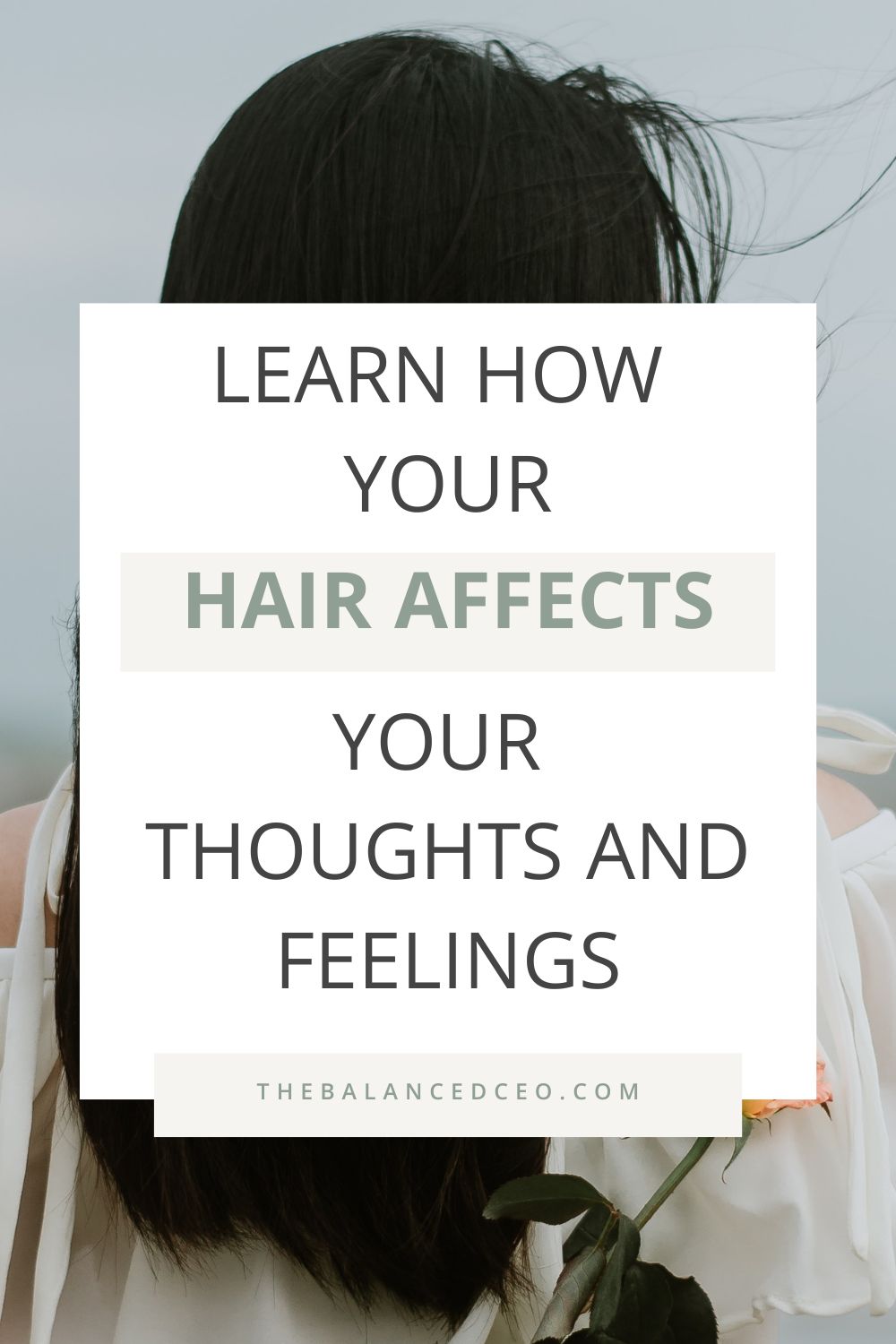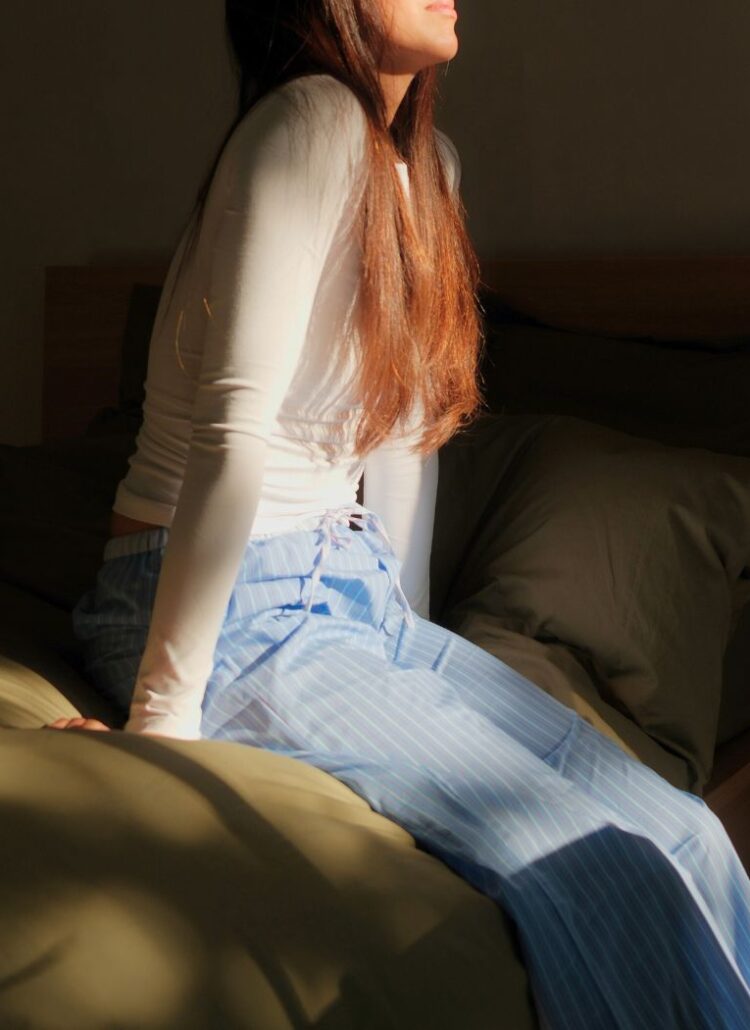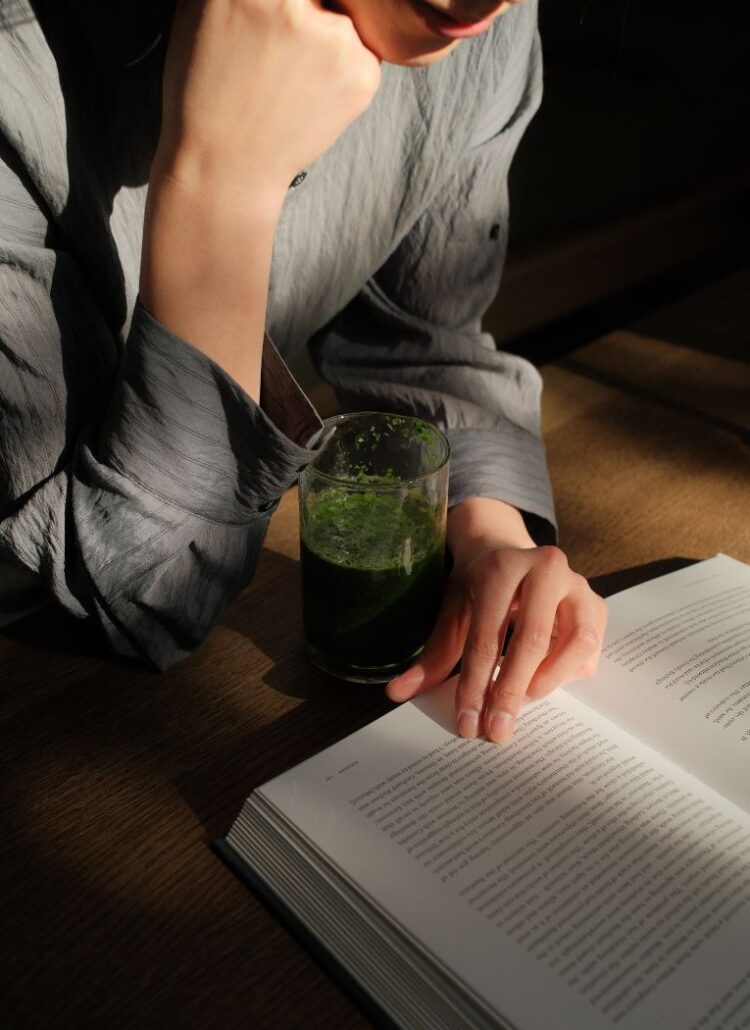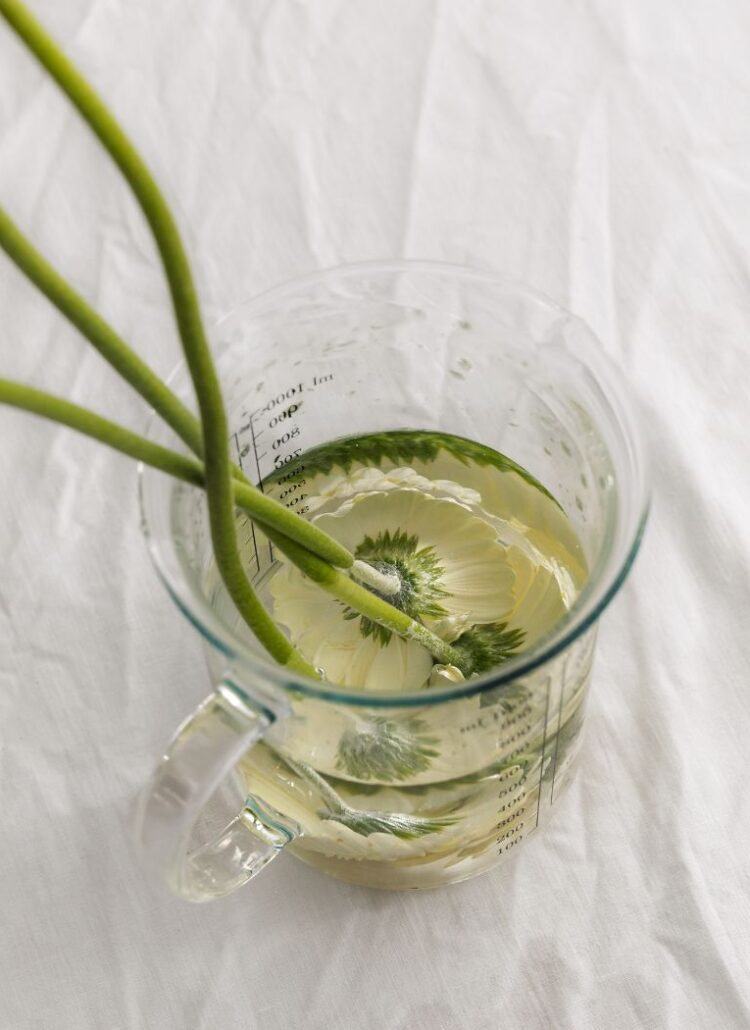This post may contain affiliate links, which means I’ll receive a commission if you purchase through my links, at no extra cost to you. Please read full disclosure for more information.

A cascade of glossy strands on a good hair day or the frustrating tangle of unruly locks on a bad one – hair can strongly influence how we perceive ourselves, and even how we feel. Beyond being just a natural part of your body, your hair is a power that is deeply connected with your thoughts and emotions.
From its role as a biochemical recorder to the sway of hormones on your mood to its ability to shape your self-perception – the role of hair can’t be overestimated. Moreover, due to its strong connection to your mental health, hair loss is another topic that we won’t leave without attention since it’s the direct consequence of stress and constant anxiety.
If you’re the one who has ever struggled with such a problem and dreamed of saying goodbye to hair loss once and forever, qualified laser therapy might be exactly what you need! Still, when you’re a newbie in this niche and know nothing about such kind of treatment, it could be difficult to decide on what you need exactly. Therefore, with Light Therapy Reviews by Jose Diego Mier, you will be able to choose a perfect hair laser and understand how it works.
Yet, laser therapy is not the only effective way to deal with hair loss – nowadays there are many of them. For instance, some people prefer red light therapy to stimulate their hair growth, and who knows, maybe it will help you as well.
In any case, with this article, you’ll gain valuable insights into hair symbolism and how it can be a reflection of your emotions. And what is even more important, you’ll learn how to harness this knowledge for a happier and more balanced life.
The Science of Hair
The very first thing we need to understand is that hair is not just a pleasant addition to our appearance – it is a dynamic part of our biology that can greatly influence our physical and emotional well-being.
Hair isn’t static. It undergoes a continuous cycle of growth, rest, and shedding. In certain periods of our lives, this cycle can somehow modify – it happens due to certain hormonal fluctuations.
Such changes are a natural part of life, from puberty to pregnancy and menopause. They can have a huge influence not only on your emotions and, but on your hair as well. For instance, a hormone, called estrogen, can stimulate hair growth and make it look healthy. On the other hand, the stress hormone cortisol can easily break the normal hair growth cycle. Therefore, we can already see the connection between our mental health and the appearance of our hair – they both are affected by hormones.
The Psychology of Hair Symbolism
Cultural and Social Significance of Hair
Throughout history, hair has been used as a symbol of identity, status, and cultural belonging. What exactly does it mean?
Firstly, hair has always defined the cultural identity of particular people. Different cultures have various styles and traditions associated with hair. For example, in some African cultures, braided hairstyles called cornrows have been a symbol of cultural heritage.
Secondly, in the past, hair looks were often connected to social status. In particular, royalty and aristocracy always wore luxurious hairstyles, wigs, or headdresses to show their high position in society.
And, of course, many cultures have carried hair-related rituals during some significant life events. For example, it could be a child’s first haircut, which symbolized that they finally became adults, or ceremonial hairstyles that were worn during weddings.
Hair Is Power of Self-Image
Nowadays, hair is practically one of the major factors that form your self-image, because it can strongly impact our self-esteem and how we perceive ourselves.
Notably, hair is a very common form of self-expression. It lets us experiment with different colors, lengths, and styles, therefore giving us the amazing opportunity to express our creativity and personality.
Besides, when we feel that our hair looks good, we usually have more confidence in ourselves. At the same time, a day with bad hair can have the opposite effect, affecting our general sense of self-worth. So, hair can become a source of either pride or insecurity.
Hair Care and Well-Being
Now let’s speak on the other factors that connect the appearance of your locks and your mental state. The thing is that your hair routine can have a huge impact not only on your health and your looks but also on your overall emotional well-being.
Interestingly, sometimes it’s just all about your daily habits. Washing and conditioning, styling and maintenance – all these simple procedures can significantly influence the condition of your hair, and therefore contribute to your mood and emotional state.
Another thing you should constantly care about if you want to keep both your hair and your nervous system in a good state is your scalp. Typically, we associate its health with physical comfort and appearance. But the truth is that head skin problems, like itching or flaking, and also the permanent discomfort they cause can lead to serious stress and anxiety since they distract from daily activities and don’t let us sleep well. Therefore, paying attention to your scalp’s health should be your regular self-care ritual. For instance, massaging the skin in that area when shampooing, or using various treatments can help you relax your scalp and, as a result, lower your stress levels.
Related Read:
• Essential Nutrients You Need for Healthy, Shiny Hair
Hair Loss and Mental Health
For many people, hair loss is much more than just a physical process. It can be a deeply emotional experience, leading to feelings of sadness, anxiety, depression, or even a loss of identity. As a result, our overall mental health suffers a lot.
So, if you’ve ever faced such a problem, keep in mind that in addition to finding practical solutions, coping with hair loss should always involve addressing the emotional toll. For example, therapy sessions can help you understand your emotions and therefore decide on how to act further. Or, if you’re not a fan of such means, you can simply ask for support from friends and family – they will help you cope with all the negative emotions.
Yet, even if you’ve decided to deal with hair loss through treatments like medications, hair restoration procedures, or light therapy, it still can be emotion-consuming. This is why treatment decisions should involve careful consideration of personal values and self-acceptance.
To Conclude
As you’ve discovered the aspects of hair symbolism and the ways it influences your mental health, you can see that it plays a significant role in your life. By understanding the multifaceted nature of your hair and caring about it properly, you also contribute to your self-identity, emotions, and overall wellness.
Therefore, keep in mind that your locks are not just an aesthetic feature. Hair is power which gives an amazing opportunity to enhance not only your outer beauty but also your inner strength and emotional harmony.
So, use this opportunity to the fullest: express your personality through your hair, provide professional guidance when needed, and remember that your thoughts and feelings are as much a part of your well-being as your hair.
Liam Mills
GUEST BLOGGER
Liam Mills is an expert in writing content, an ex-Product Expert, and the Founder of ValueHunta, a contributor to Heliotherapy Research Institute.





Leave a Reply